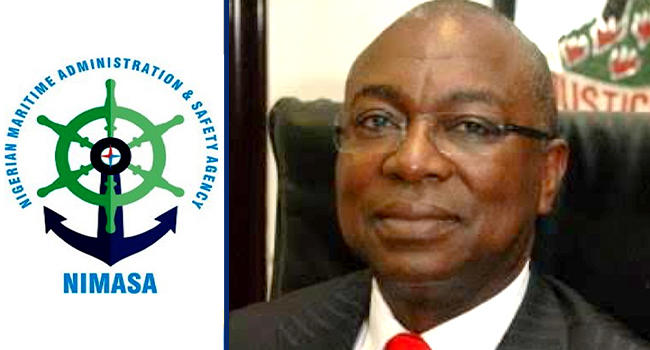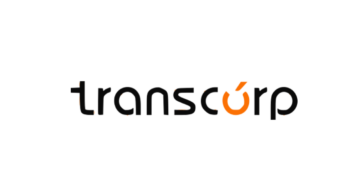The Nigerian Maritime Administration and Safety Agency (NIMASA) director general, Dr Dayo Mobereola, has called for private sector financing, saying public funding is not enough to close the $150 billion annual funding gap for the Blue Economy.
Speaking at an industry event recently, the NIMASA boss, citing the World Bank report, said Sustainable Development Goal 14 (Life below water) is one of the most poorly funded SDGs, with an annual financing gap of approximately $150 billion.
However, while urging harnessing the ocean’s numerous potential and resources, the NIMASA DG lamented that the blue economy remained one of the most underfunded sectors globally.
Mobereola stated that according to the World Bank, Sustainable Development Goal 14 (Life below water) is one of the most poorly funded SDGs, with an annual financing gap of approximately $150 billion.
However, he stated that the private sector must get involved to scale up financing for ocean health and the sustainable blue economy.
The NIMASA boss further stated that the sector needed the right regulatory frameworks, incentive structures, and de-risking mechanisms to mobilise the private sector and bring investment to the desperately needed scale.
“The opportunities in the ocean are vast and must be harnessed sustainably, from fisheries and aquaculture, renewable energy, shipbuilding and repair, tourism, to port infrastructure development, among others.
“Sadly, the blue economy remains one of the most underfunded sectors globally. According to the World Bank, Sustainable Development Goal 14 (Life below water) is one of the most poorly funded SDGs, with an annual financing gap of approximately USD 150 billion. It has been acknowledged globally that Public Funding will never be enough to close the gaps.
“To scale up financing for ocean health and the sustainable blue economy, the private sector must get involved.
We need the right regulatory frameworks, incentive structures and de-risking mechanisms to mobilise the private sector and bring investment to the desperately needed scale. We must therefore view Our Ocean as a national trust to be sustainably managed.”
On his part, the managing director of the Nigerian Ports Authority (NPA), Dr Abubakar Dantsoho, has assured the authority’s unwavering commitment to continuously promoting port eco-friendliness.
Dr Dantsoho, represented by the executive director of Marine and Operations, Lekan Badmus, said there is an enduring connection between humanity and the ocean.
According to him, every member of the maritime and indeed the global community is directly or indirectly a beneficiary of the ocean.
However, he urged everyone to be more deliberate about protecting the ocean and its resources.
“With over 90 per cent of global trade, which accounts for half of the world’s economic output, the maritime industry constitutes an important economic driver that helps spur development and reduce poverty. Therefore, every member of the maritime and, indeed, the global community is directly or indirectly a beneficiary of the ocean. So, we are all duty-bound to become more intentional in our responsibility to protect the ocean and its resources.
“Beyond fanfare, there is a need for every stakeholder here to rise from this celebration with a stronger commitment to take actions that make the ocean cleaner. Indeed, making global port operations eco-friendlier and actualising the other noble objectives of the World Ports Sustainability Program rests heavily on our shoulders as maritime stakeholders.”
“Although, it is good to know as studies have shown that sea transport is the most environmentally friendly of all the transport forms, it is much more important, to acknowledge that we owe posterity a duty, to not only continually formulate and implement policy that protect the ocean, but to maintain as individuals, and institutions a behavioral pattern that places the highest premium on protecting the ocean.”





